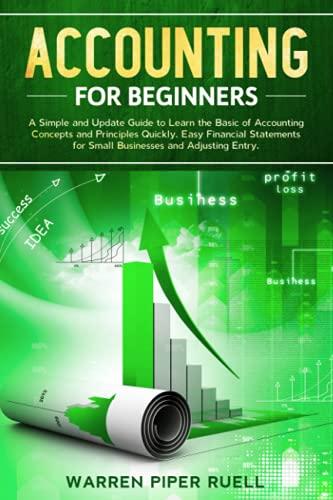
LEASE ANALYSIS As part of its overall plant modernization and cost reduction program, the management of Tanner-Woods Textile Mills has decided to install a new automated weaving loom. In the capital budgeting analysis of this equipment, the IRR of the project was found to be 20% versus a project required return of 12%. The loom has an invoice price of $250,000, including delivery and installation charges. The funds needed could be borrowed from the bank through a 4-year amortized loan at a 10% interest rate, with payments to be made at the end of each year. In the event the loom is purchased, the manufacturer will contract to maintain and service it for a fee of $20,000 per year paid at the end of each year. The loom falls in the MACRS 5-year class, and Tanner-Woods's marginal federal-plus-state tax rate is 40%. The applicable MACRS rates are 20%,32%,19%,12%,11%, and 6%. United Automation Inc, maker of the loom, has offered to lease the loom to TannerWoods for $70,000 upon delivery and installation ( tt=0 ) plus 4 additional annual lease payments of $70,000 to be made at the end of Years 1 through 4. (Note that there are 5 lease payments in total.) The lease agreement includes maintenance and servicing. Actually, the loom has an expected life of 8 years, at which time its expected salvage value is zero; however, after 4 years, its market value is expected to equal its book value of $42,500. Tanner-Woods plans to build an entirely new plant in 4 years, so it has no interest in leasing or owning the proposed loom for more than that period. a. Should the loom be leased or purchased? b. The salvage value is clearly the most uncertain cash flow in the analysis. Assume that. the appropriate salvage value pretax discount rate is 15%. What would be the effect of a salvage value risk adjustment on the decision? c. The original analysis assumed that Tanner-Woods would not need the loom after 4 years. Now assume that the firm will continue to use the loom after the lease expires. Thus, if it leased, Tanner-Woods would have to buy the asset after 4 years at the then existing market value, which is assumed to equal the book value. What effect would this requirement have on the basic analysis? (No numerical analysis is required; just verbalize.) LEASE ANALYSIS As part of its overall plant modernization and cost reduction program, the management of Tanner-Woods Textile Mills has decided to install a new automated weaving loom. In the capital budgeting analysis of this equipment, the IRR of the project was found to be 20% versus a project required return of 12%. The loom has an invoice price of $250,000, including delivery and installation charges. The funds needed could be borrowed from the bank through a 4-year amortized loan at a 10% interest rate, with payments to be made at the end of each year. In the event the loom is purchased, the manufacturer will contract to maintain and service it for a fee of $20,000 per year paid at the end of each year. The loom falls in the MACRS 5-year class, and Tanner-Woods's marginal federal-plus-state tax rate is 40%. The applicable MACRS rates are 20%,32%,19%,12%,11%, and 6%. United Automation Inc, maker of the loom, has offered to lease the loom to TannerWoods for $70,000 upon delivery and installation ( tt=0 ) plus 4 additional annual lease payments of $70,000 to be made at the end of Years 1 through 4. (Note that there are 5 lease payments in total.) The lease agreement includes maintenance and servicing. Actually, the loom has an expected life of 8 years, at which time its expected salvage value is zero; however, after 4 years, its market value is expected to equal its book value of $42,500. Tanner-Woods plans to build an entirely new plant in 4 years, so it has no interest in leasing or owning the proposed loom for more than that period. a. Should the loom be leased or purchased? b. The salvage value is clearly the most uncertain cash flow in the analysis. Assume that. the appropriate salvage value pretax discount rate is 15%. What would be the effect of a salvage value risk adjustment on the decision? c. The original analysis assumed that Tanner-Woods would not need the loom after 4 years. Now assume that the firm will continue to use the loom after the lease expires. Thus, if it leased, Tanner-Woods would have to buy the asset after 4 years at the then existing market value, which is assumed to equal the book value. What effect would this requirement have on the basic analysis? (No numerical analysis is required; just verbalize.)








